Difference Between Sleep Apnea and Snoring-Sleepon

Has your sleeping partner complained about you snoring at night? Well, if might indicate you have deeper issues, like sleep apnea.
However, does snoring always mean you have sleep apnea? The answer is no.1
Therefore, we will cover some major differences between sleep apnea and snoring.
What’s Sleep Apnea?
Sleep apnea is characterized by pauses in breathing during sleep that last for 10 seconds or more. It can cause excessive daytime sleepiness, high blood pressure, heart disease, and stroke.
The American Academy of Otolaryngology – Head and Neck Surgery (AAO-HNS) estimates that approximately 18 million Americans have some form of obstructive sleep apnea. In addition, the National Institutes of Health reports that sleep apnea affects men twice as much as women.
What’s Snoring?
Snoring is caused when air passes through the soft tissues of the throat while sleeping. It usually occurs only at night and is harmless unless it comes with other symptoms of apnea. Then, it’ll be a different story.
Snoring is a common symptom of sleep apnea, but it does not always indicate the presence of sleep apnea. A person with sleep apnea may still snore loudly, but he or she may also stop breathing while asleep.
Differences between Sleep Apnea and Snoring
1. Sleep Apnea is a serious health condition that can cause heart problems
If you suspect that you might have sleep apnea, talk with your doctor right away. He or she will perform an overnight test called a polysomnogram (PSG) to determine whether you actually have sleep apnea. This test involves attaching sensors to your body to monitor your brain waves, oxygen levels, and other vital signs. You also need to wear a mask that covers your nose and mouth so that you can breathe normally while asleep.
2.Sleep Apnea may be caused by obstructions in the nose or throat
Sleep apnea is caused by obstructions in the airway during sleep. These obstructions prevent airflow through the upper airways, causing breathing pauses and shallow breaths. As a result, blood oxygen levels drop, leading to daytime fatigue and drowsiness. People who suffer from sleep apnea often feel tired after waking up, even though they slept well at night. They may also experience headaches, memory lapses, irritability, and mood swings.
If you suspect that you or your partner has sleep apnea, consult your doctor immediately. He or she may recommend a sleep study to determine whether you have sleep apnea.
3.People who have Sleep Apnea are more likely to have high blood pressure
If you have sleep apnea, you’re more likely to develop high blood pressure than people without sleep apnea. This is because sleep apnea makes it harder for your body to regulate its blood pressure. In addition, people with sleep apnea tend to gain weight, which puts them at greater risk for hypertension.
4.Sleep Apnea may lead to depression
People who suffer from sleep apnea often feel tired during the day, even though they slept well at night. They also may feel irritable, depressed, anxious, and angry. These feelings may be due to the fact that people with sleep apnea have difficulty getting enough oxygen while they sleep.
Treatment for Sleep Apnea
There are different types of treatment for sleep apnea. However, there is no one right type of treatment for everyone. It depends on what kind of sleep apnea you have, how severe it is, and whether you have other medical conditions.
To treat OSA, doctors use continuous positive airway pressure (CPAP) machines. These devices provide a steady stream of pressurized air into the nose and throat to keep the airways open. CPAP machines are usually worn at night while asleep.
However, there are other treatments available for OSA. One option is oral appliances. Oral appliances work by changing the position of the jaw and tongue to prevent airway obstruction. Another treatment is surgery. Some people choose to undergo surgery because it is less invasive than CPAP therapy.
Except getting help from doctors, you always have the autonomy to treat Sleep Apnea on your own first.
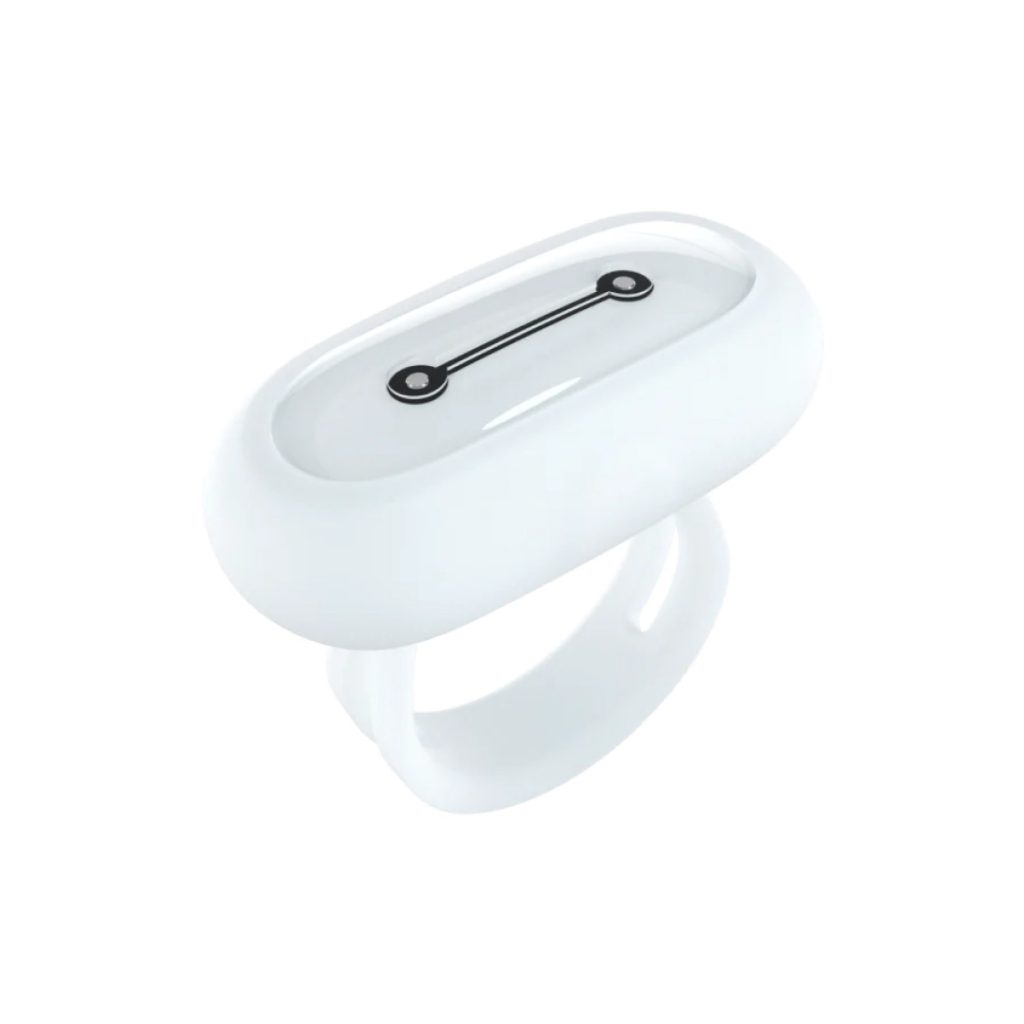
Track your sleep. Having an affordable sleep tracker with rich data can give you a hand. More importantly, it can track AHI, Apnea Hypopnea Index, to give you an idea if you have sleep apnea or not.
Recommended by both Sleep Foundation and Healthline, the Go2SleepTracker from Sleepon gives you a variety of rich data for its price. It can offer you the best value if you want to know more about your sleep health.
The tracker fits your finger perfectly with light weight and food-grade silicon material. Its mobile app supports IOS 10.0 above and Android 4.2 above. It is also waterproof so you can be at ease if it gets wet accidentally.
Mayo Clinic addresses several ways to help you with sleep apnea through self-care:
- Lose some weight. Weight loss might relieve constriction of your throat so that sleep apnea can be solved if you return to a healthy weight.
- Do regular exercises. Try at least 30 minutes of moderate exercise, such as a quick walk.
- Avoid alcohol and certain medications such as tranquilizers and sleeping pills. Because they can relax the muscles in the back of your throat, interfering with breathing normally at night.
- Sleep on your side rather than on your back.
- Quit smoking. Smoking not only can disturb your sleep at night but can also lead to lungs problems.
Conclusion
Snoring and Sleep Apnea can be different but snoring is always a warning sign to check your sleep patterns. That way, you can at least have ease on mind and make sure you don’t have sleep disorders.
That’s why it’s important to important to have a sleep tracker (Go2Sleep is ranked as the best value sleep tracker by Sleep Foundation) to provide you with detailed data, especially AHI, to help you understand your own sleep pattern.
Recent Posts
ALL ARTICLES
Subscribe Us
Products
Company
Copyright © SLEEPON. All rights reserved.
SLEEPON keeps both Sleeponhealth and Sleepon.us due to the brand upgrading. We promise to provide the same products and service in both sites.
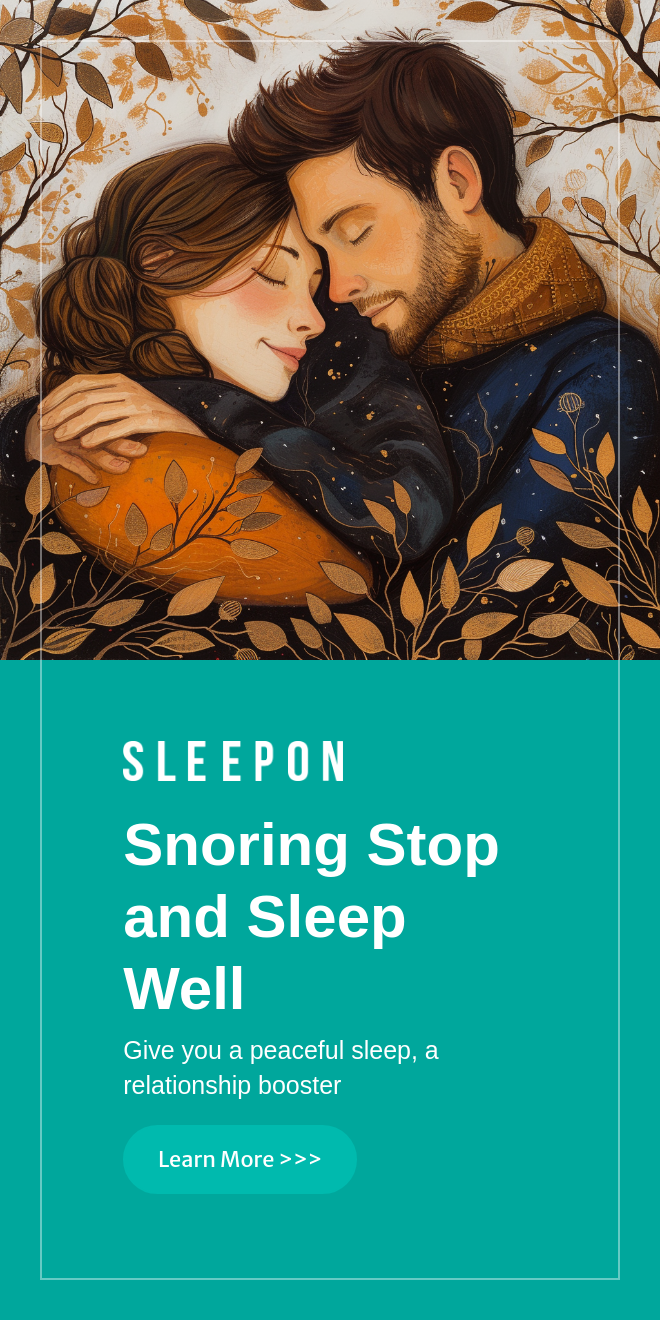
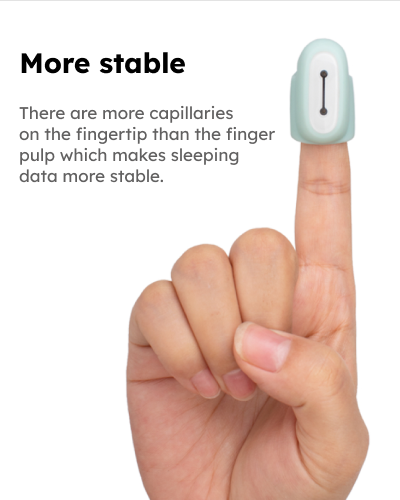
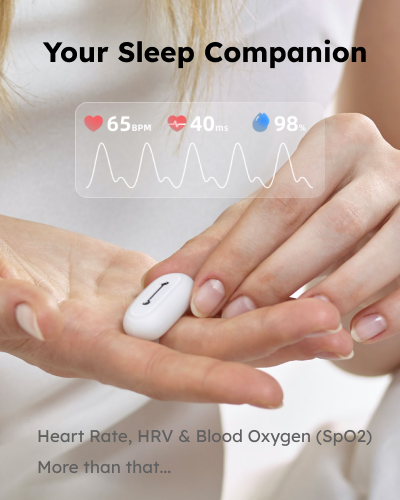

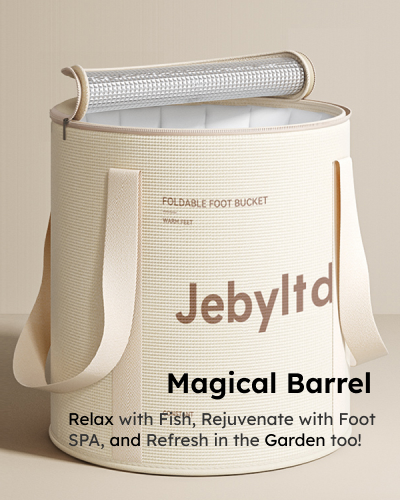
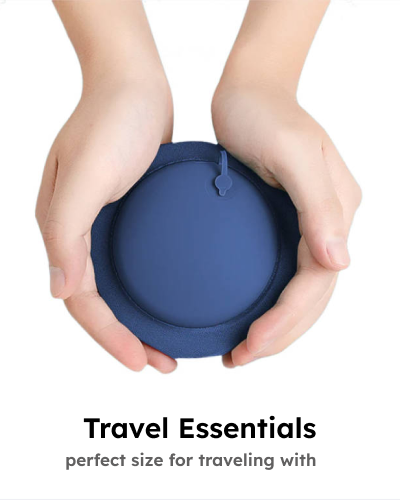
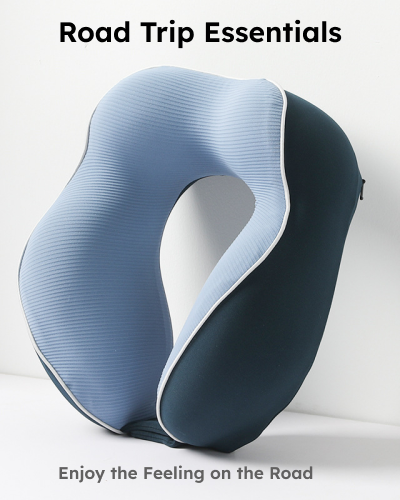
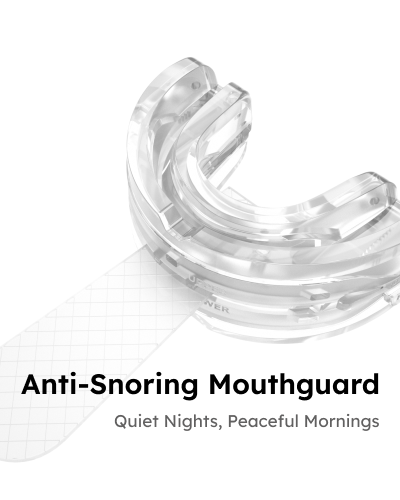
Leave a Reply